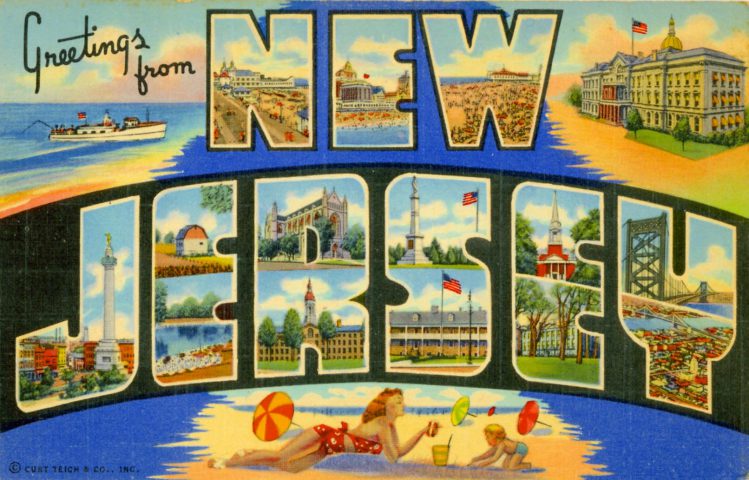The New Jersey legislature, in a 102-to-1 vote, passed a historic “Anti-Bullying Bill of Rights” November 22 which experts say strengthens the state’s current anti-bullying measures. The bill is the product of more than a year of intense research by Garden State Equality, the statewide LGBT rights group, which worked with many leading anti-bullying and child welfare experts to come up with a dramatically bolder approach.
Among its provisions, the legislation requires public universities to create anti-bullying rules and procedures, and distribute them to every university student within seven days of the start of the fall semester; requires schools to notify the parents of all students involved in an incident, including the parents of the bully and the bullied student, and offer counseling and intervention services; and incorporates instruction appropriate to each grade to counter bullying.
Though 45 other states have anti-bullying laws in place, they’re plagued with vague language and legal loopholes that ultimately impede their enforcement. The new legislation in New Jersey eliminates the confusion to further prevent student-on-student violence. The bill now goes to Republican Gov. Chris Christie for his signature.
Though New Jersey is making progress against anti-LGBT violence, the danger remains persistent in America. According to newly-released figures from the Southern Poverty Law Center, which tracks hate groups in the U.S., gays are far more likely to be victims of a violent hate crime than any other minority group in the country. These findings follow a wave of anti-gay attacks in the past two months: In New York, for example, 10 suspects were arrested for torturing three gay victims, and a string of violent anti-gay attacks took place in Covington, Ky. Most dramatically, four teenagers committed suicide in September after being bullied, taunted or outed as gay.
“As Americans become more accepting of [LGBT people], the most extreme elements of the anti-gay movement are digging in their heels and continuing to defame gays and lesbians with falsehoods that grow more incendiary by the day,” said Mark Potok, director of the center’s Intelligence Project. “The leaders of this movement may deny it, but it seems clear that their demonization of homosexuals plays a role in fomenting the violence, hatred and bullying we’re seeing.”


What Do You Think?